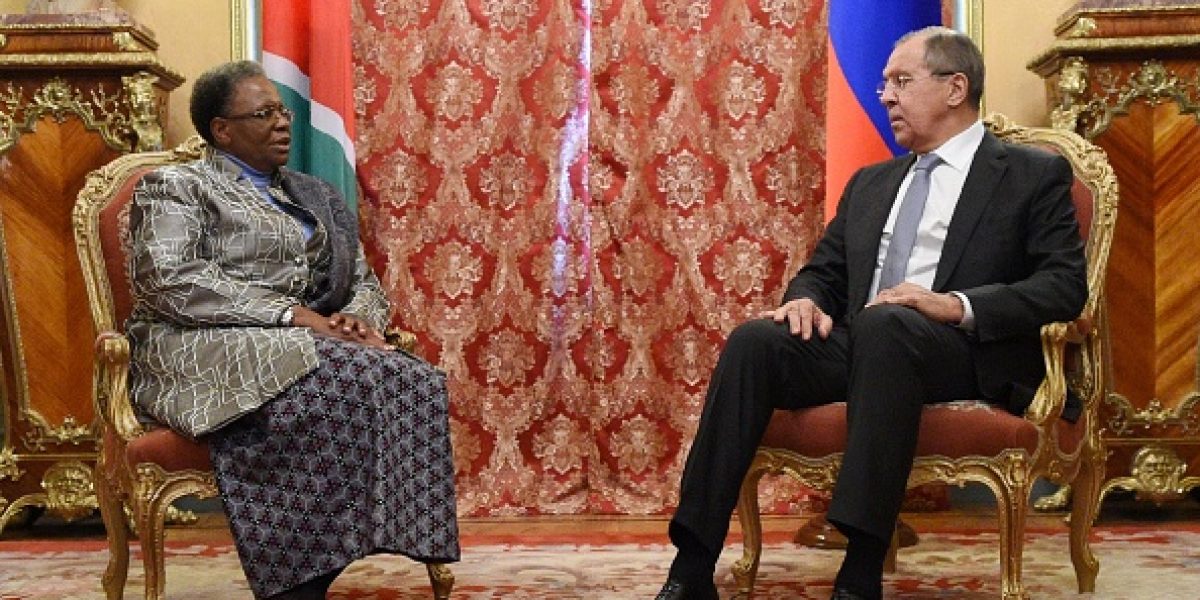Summary:
- Despite the far-reaching and progressive provisions for human rights contained in the Namibian Constitution, Namibia’s foreign policy on human rights has been mired by inconsistencies.
- This paper provides a primarily qualitative analysis of Namibia’s track record in upholding human rights in the international community since gaining independence in 1990.
- It explores the critical drivers of Namibia’s foreign policy in this regard and argues that Namibian foreign policy on human rights is characterised by several key tensions: multilateralism versus defence of state sovereignty; international solidarity versus African solidarity; and default neutrality versus support for oppressed peoples.
- These tensions are most succinctly captured by Namibia’s overarching foreign policy creed of being ‘a friend to all and an enemy to none’.








